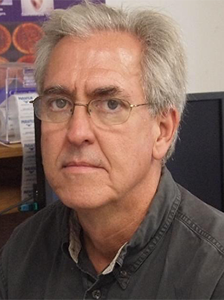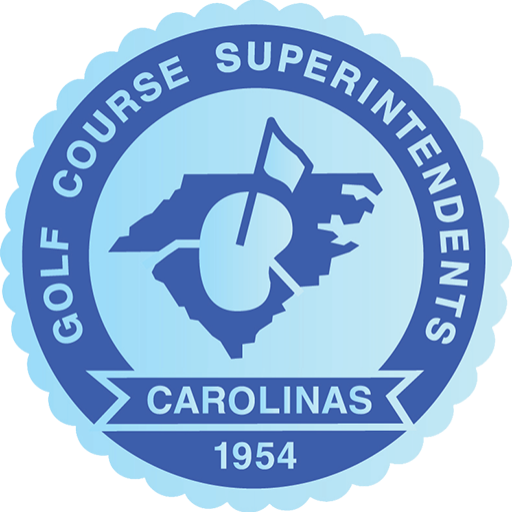November 30, 2020 1-3:00 pm
S. Bruce Martin, Ph.D., Emeritus Professor of Turf Pathology, Plant and Environmental Sciences Department, Clemson University, Pee Dee Research and Education Center, Florence, South Carolina
Plant parasitic nematodes persist as perhaps the most difficult of pests to manage in fine turf on golf courses. In spite of the introduction of new products in recent years, the overall challenge of the problem persists. Multiple genera and species of several damaging nematodes including sting, lance and root knot and stubby root occur in sandy soils, whether natural or constructed.
Life cycles and behavior will be discussed for these important and damaging nematodes and how and when to sample for diagnostic and predictive purposes. Also discussed will be realistic expectations of effectiveness (or lack thereof) of all available nematicides labeled for turf. Some topics for consideration will include why certain sand-based root zones make an ideal habitat for nematodes and what might be done about that regarding modifications.
 |  |  |
| GCSAA Credits: .20 | BIGGA Credits: 2 | Pesticide Credits for these states: |
| AL: 2, CO: 2, CT: 2, DE: 2, FL: 2, GA: 2, HI: 2, MA: 2, MD: 4, NC: 2, NJ: 4, NY: 1.75, OH: 2, SC: 2, TN: 2, VA: ✔, DC: 2, CANADA IPM Pts: 1.25 | ||
| ✔ Must Take (2) Seminars See chart for details |

Dr. Bruce Martin is Emeritus Professor of Plant Pathology, and the former research and extension turfgrass pathologist for South Carolina. He has been active in turf research, extension and teaching for 30 years with Clemson University. He holds degrees from Hendrix College, the University of Arkansas and North Carolina State University. Martin’s research emphasized disease control programs, nematode control, fungicide efficacy and diseases of turf caused by Rhizoctonia. He has authored or co-authored over 50 refereed journal publications, numerous popular articles and 14 book chapters.
In 2014, he received the Colonel John Morley Distinguished Service Award from GCSAA, among a list of honors that also includes the Fred V. Grau Award for Turfgrass Science from the Crop Science Society of America, the Outstanding Plant Pathologist for the Southern Division, American Phytopathological Society, the Distinguished Service Award from the Carolinas GCSA and the Outstanding Service award from the Turfgrass Council of North Carolina.
